In the vast power transmission and distribution network, AC reactors, with their unique electrical characteristics and irreplaceable role, stand firmly in every corner of the power grid and become an indispensable cornerstone for ensuring the stable operation of the power grid. Although they are not visible, they silently guard the smooth flow of electric energy and ensure that every bit of electricity can be safely and efficiently delivered to thousands of households.
AC reactors are reactance components designed specifically for AC circuits. Its core function is to limit and regulate the current changes in the circuit through its inductance characteristics. In the power grid, the connection and disconnection of various power equipment and loads, as well as sudden changes in loads, may cause sharp fluctuations in current and voltage. If these fluctuations are not effectively controlled, they will seriously threaten the stability and safety of the power grid. The AC reactor, like a solid barrier, can effectively mitigate these fluctuations, so that the power grid can maintain a relatively stable operating state when facing emergencies.
With the widespread application of power electronics technology, various nonlinear loads such as inverters and rectifiers are connected to the power grid in large quantities. These devices will generate a large amount of harmonic currents during operation, polluting the power grid and affecting the quality of power. As one of the important means of harmonic suppression, AC reactors can effectively suppress harmonic currents in specific frequency bands through their inductance characteristics, thereby reducing the negative impact of harmonics on the power grid and improving the quality of power. This is of great significance for protecting power equipment, extending the service life of equipment, and reducing power grid losses.
In power systems, the existence of reactive power is inevitable. However, excessive reactive power flowing in the power grid will not only increase the loss of the power grid, but also reduce the power factor of the system and affect the economic operation of the power grid. The use of AC reactors in conjunction with reactive compensation equipment such as capacitors can achieve effective regulation and balance of reactive power in the power grid. By reasonably configuring reactors and capacitors, the reactive power in the power grid can be reasonably distributed and compensated, thereby improving the power factor of the system, reducing power grid losses, and improving the overall operation efficiency of the power grid.
In the face of the development needs of future power grids, the technical innovation of AC reactors is also constantly advancing. The continuous emergence of innovative concepts such as the application of new materials has significantly improved the performance, reliability, and economy of AC reactors. In the future, with the continuous deepening of smart grid construction and the continuous advancement of power technology, AC reactors will play a more important role in the power grid, providing a more solid guarantee for the stable operation and efficient development of the power grid.

 Eng
Eng  Español
Español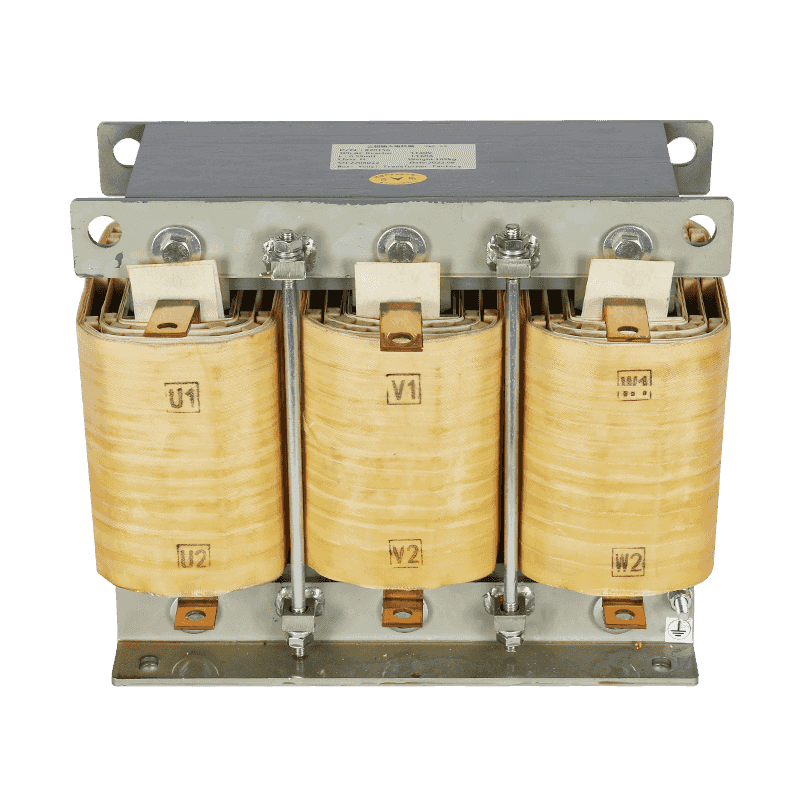
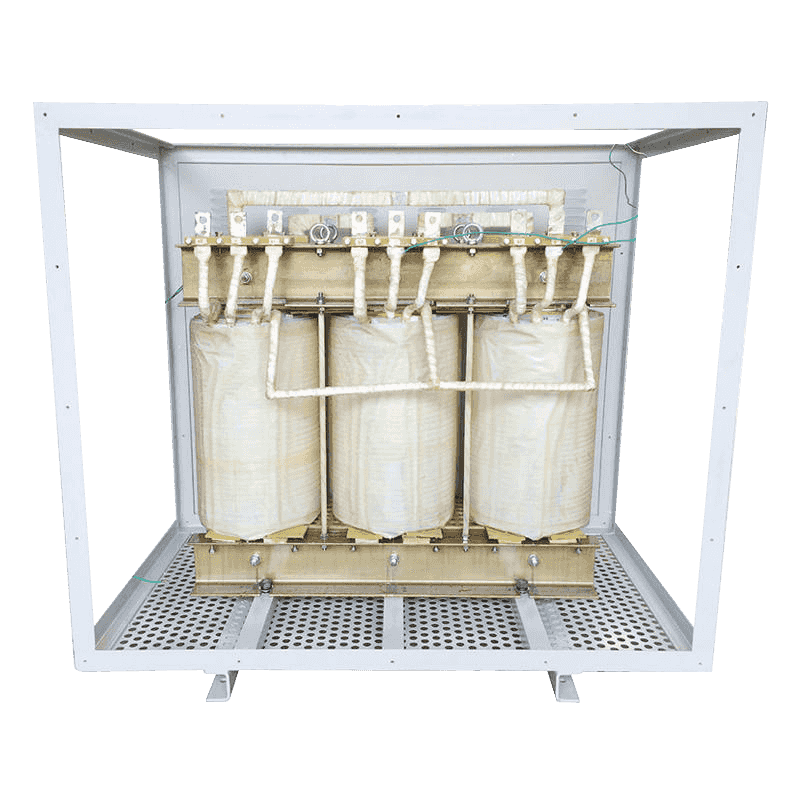
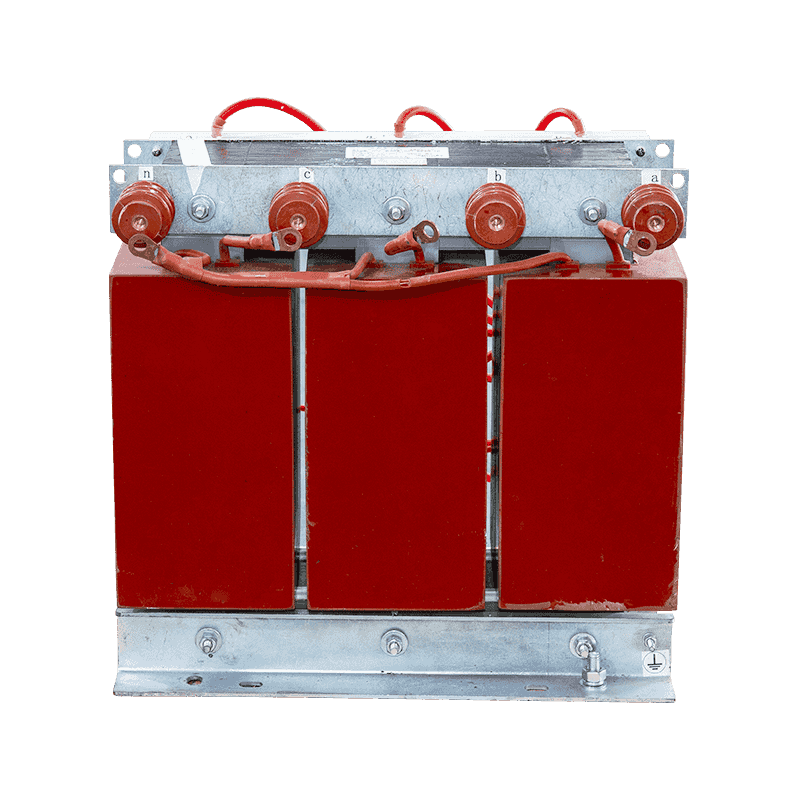
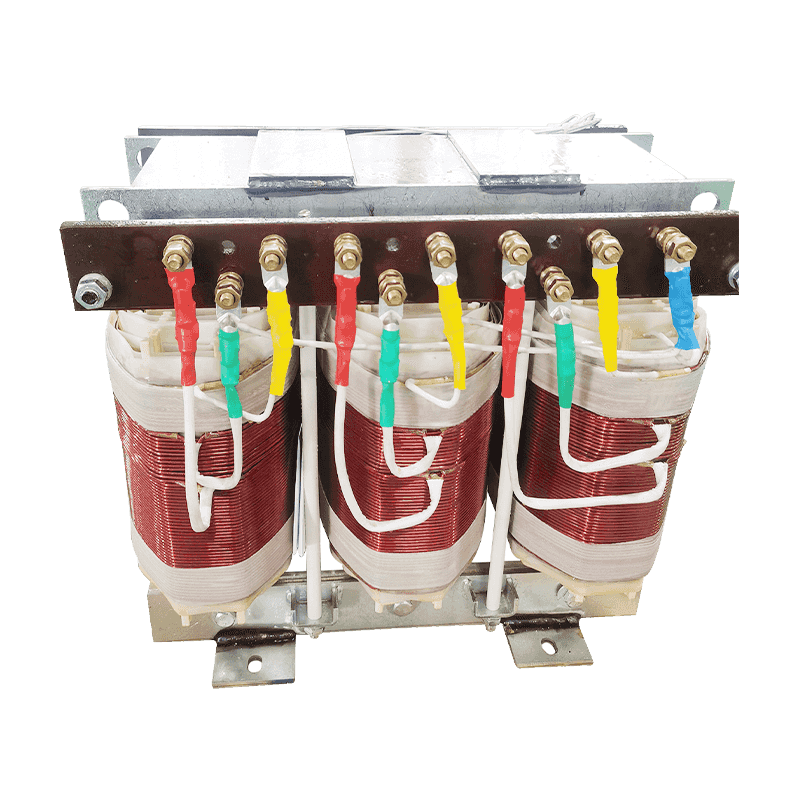
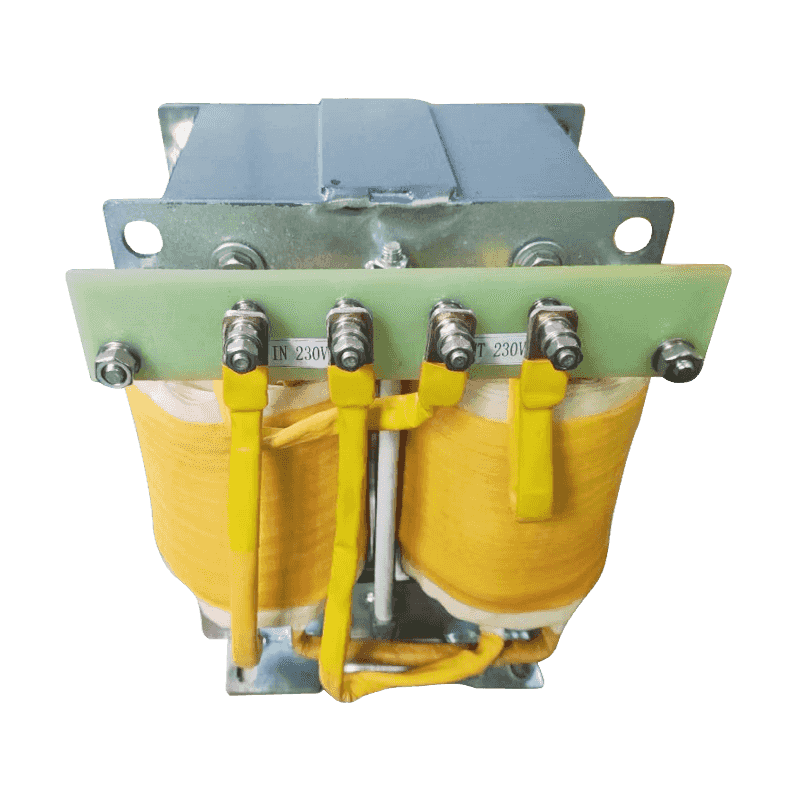
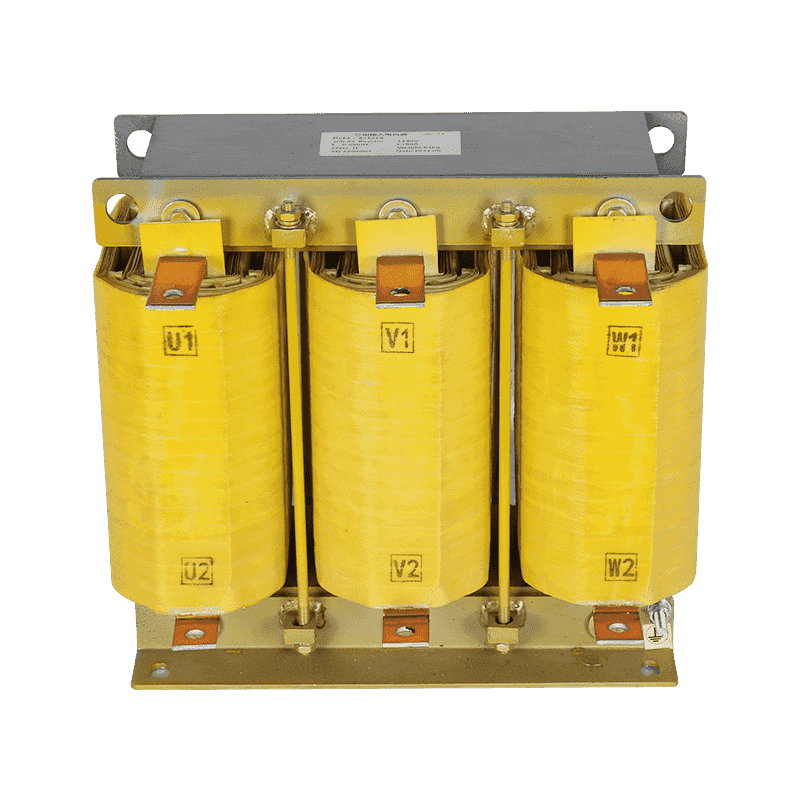
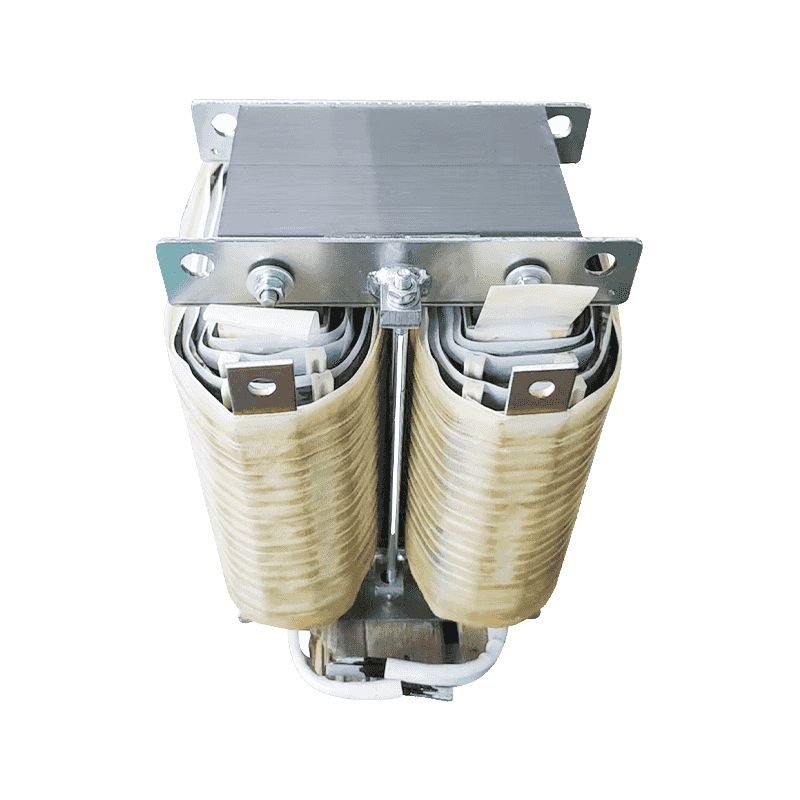
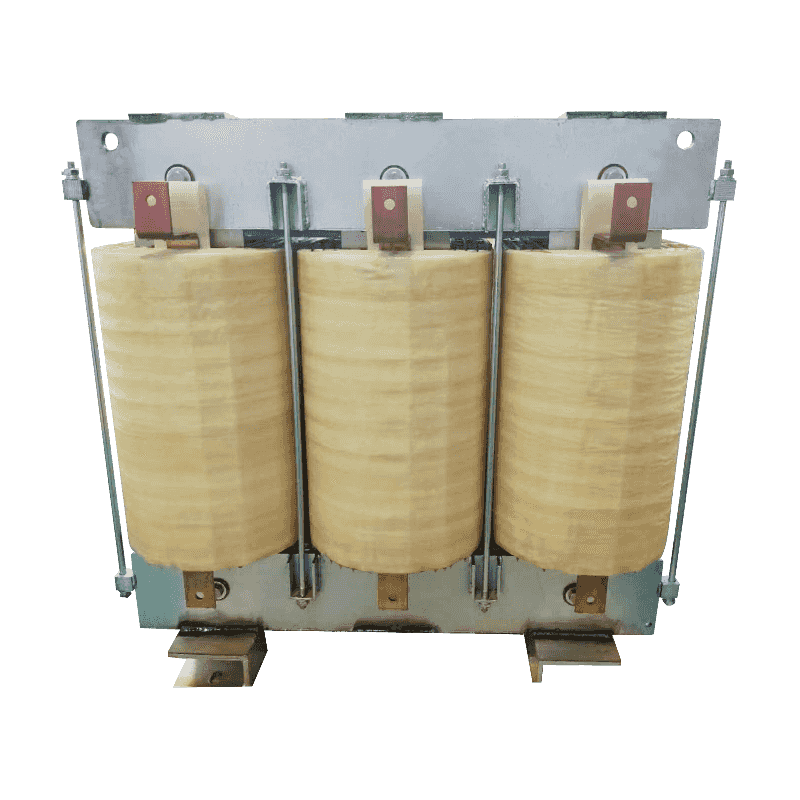
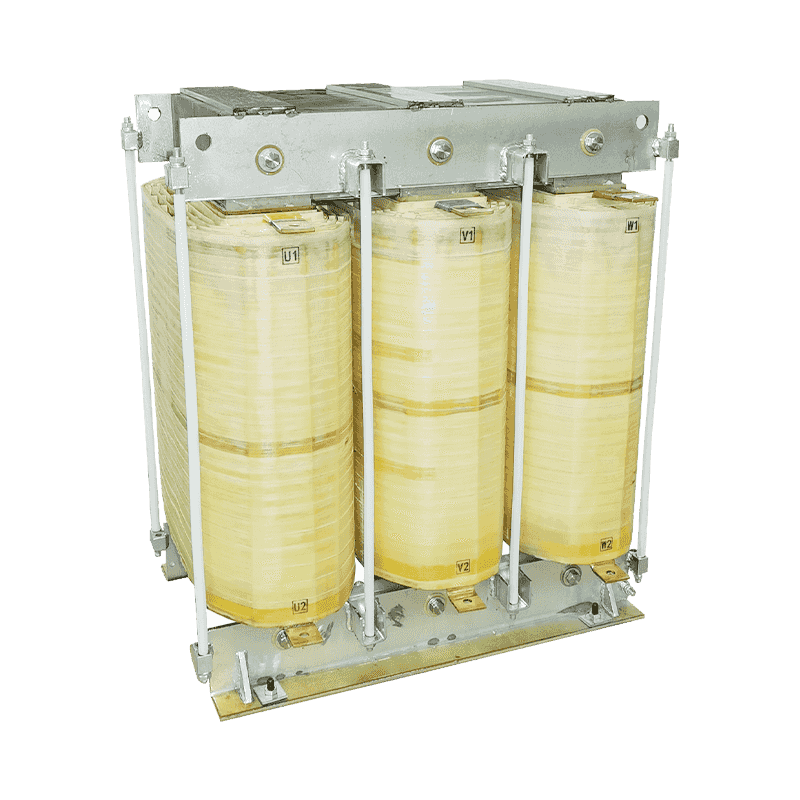
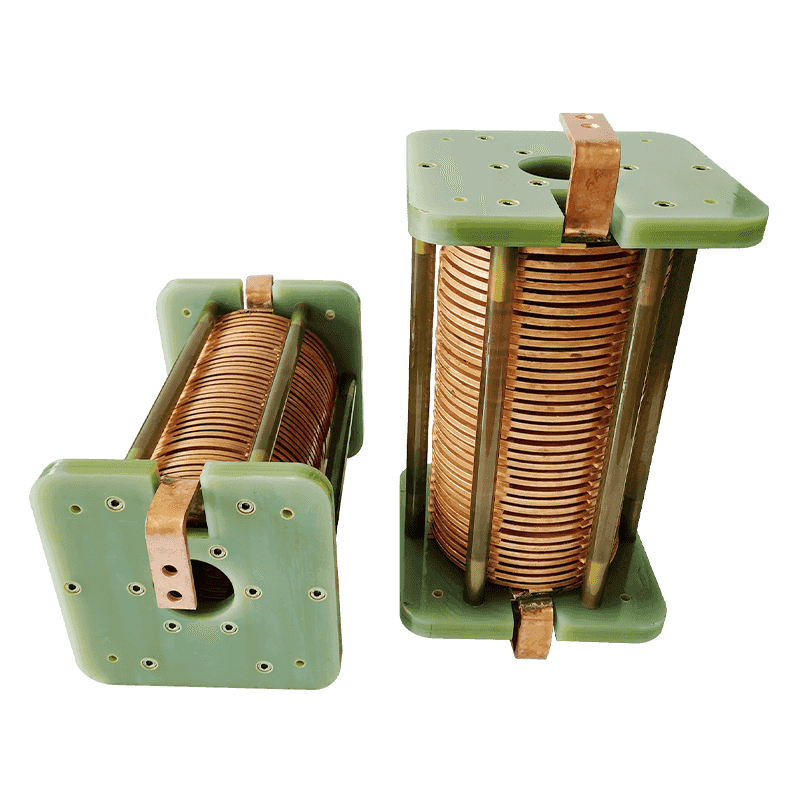
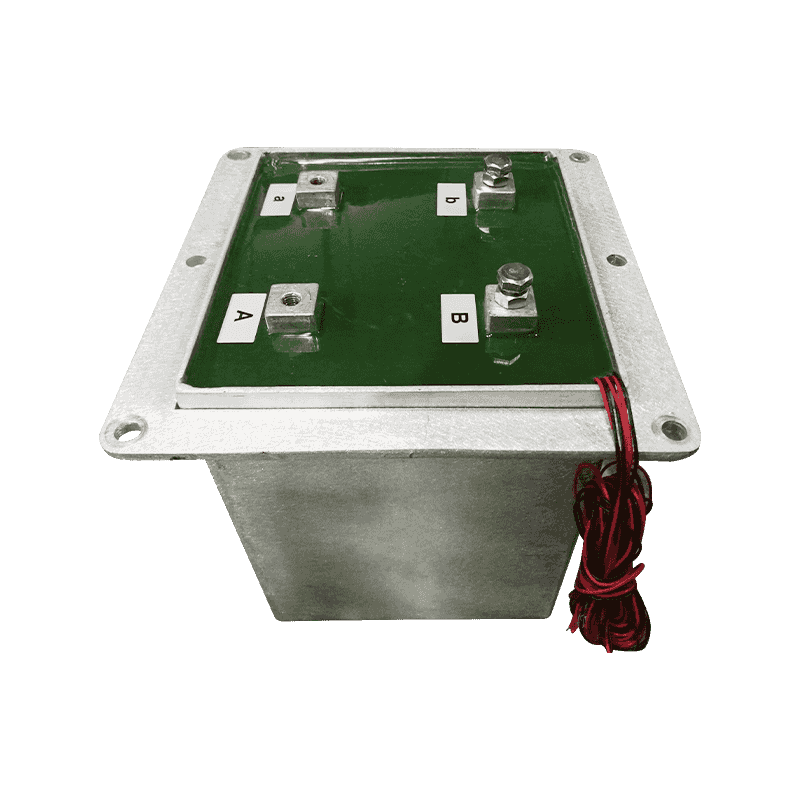


Contact Us